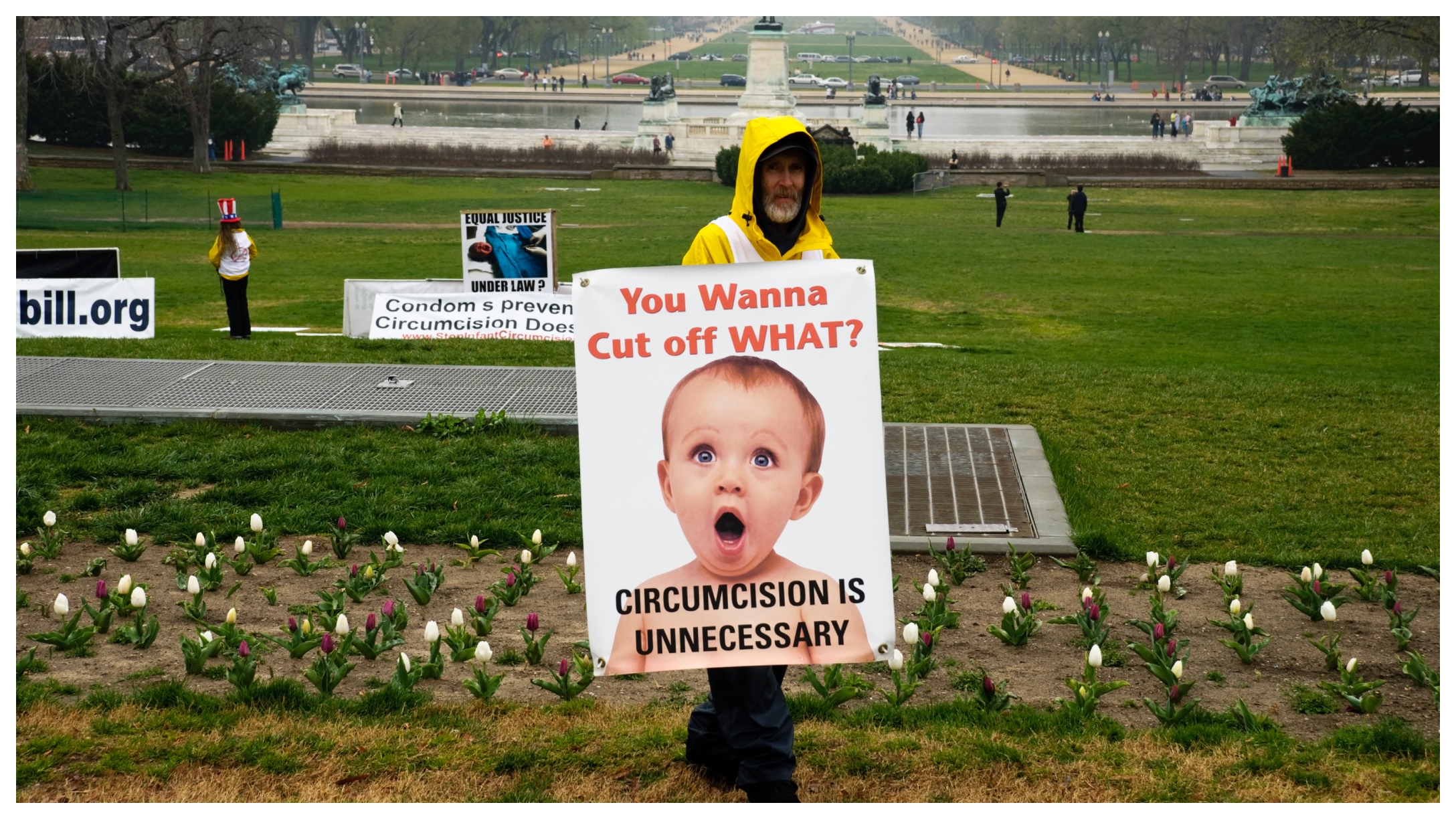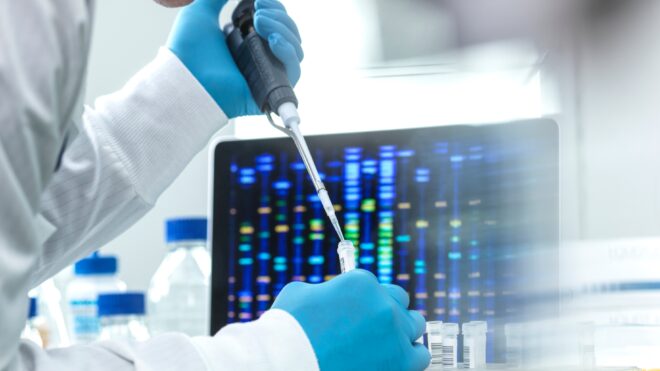
For years, parents have been debating whether circumcision is worth the risk.
There are, of course, cultural reasons why some families continue the tradition of allowing surgery on their newborn baby's genitals. The procedure removes the foreskin of a newborn's penis, but some have argued that it is more invasive than it seems and removes thousands of important nerve endings. In modern times, many doctors have come to call the once-widely accepted surgery unnecessary. Likewise, many consider the surgery purely cosmetic and opt out.
Now there's new evidence that shows circumcision may alter the bacterial properties of the penis forever.
That evidence comes in the form of a new study. The study involved 11 children in the United States. The study was small, but the findings are huge.
It found that removing the foreskin can change the microbiome of the penis.
In essence, that means that the bacterial and fungal communities that are a natural part of the penis are forever changed. The study shows that some of the bacterial communities shrank following circumcision. That could mean that a circumcised penis is less susceptible to STIs. But researchers say that the penis microbiome is not well understood presently.
There have long been theories that removing part of the penis can help reduce STI transmission — since the 1800s, in fact — but it's never exactly been proved. The debate still wages on today.
Still, the study is so small that it likely won't make a big difference for many parents who are trying to decide whether surgery on their newborn is a good idea. While circumcision-related injuries are rare, they do happen. One 2010 study found that over 100 deaths per year were the result of circumcisions.




